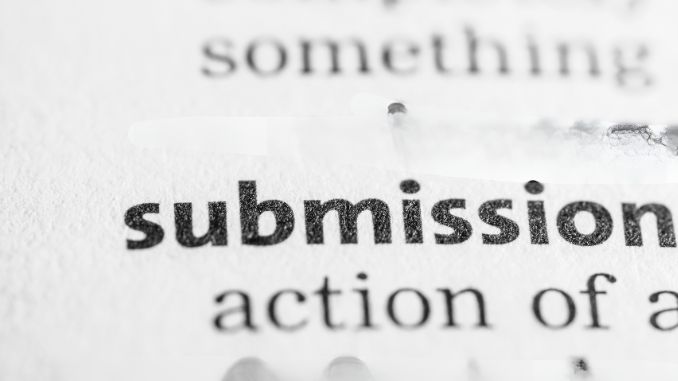
After submitting your manuscript to a journal, what comes next?
After submitting your manuscript to a journal, the next steps in the publication process begin to unfold. Typically, you’ll first receive an automated email acknowledging receipt of your manuscript. This email, being automated, does not require any response from you.
Each journal outlines a specific timeframe within which authors can expect to receive an initial decision. For Biomolecules and Biomedicine, this period is set at within 2 working days. However, it’s crucial to remember that editors take vacations too, and these days are not considered working days. The range of initial decisions includes desk rejection, notifications of missing or incorrect files, or the manuscript being sent for external review.
You can track the status of your submission using the unique submission number assigned to your manuscript in the journal’s tracking system.
If the timeframe indicated on the journal’s website passes without any communication, reaching out to the editorial office is a wise move. Despite the journals’ efforts to keep authors updated, there are times when decisions are made but, due to unforeseen circumstances, communication may not reach the author. By proactively inquiring about your manuscript, you ensure you’re kept in the loop and can keep the publication process on track. In your correspondence, be sure to include your manuscript’s title, submission number, and any specific concerns. This information is vital for the editorial team to efficiently address your queries due to the large volume of manuscripts they handle.
Who To Contact?
Identifying the right contact, such as the Editor-in-Chief, Managing Editor, or the designated contact person for submission inquiries listed on the journal’s website, is crucial. Avoid emailing multiple people simultaneously. After sending your inquiry, patience is key. The editorial team, often handling numerous submissions and responsibilities, may need time to respond. If no response is forthcoming after a significant period, a follow-up may be warranted.
Upon receiving a response, whether it involves an update on your manuscript’s status or a request for revisions, it’s important to reply promptly and professionally. Addressing any concerns or questions the editor has will facilitate a smoother review process.
Delays in Review Process
Manuscripts can take longer than the average review time stated by the journal, as each submission is unique. If your manuscript’s review is delayed, don’t hesitate to contact the editorial office for an update. Delays can occur due to the time needed to receive feedback from reviewers and Academic Editors. If you have submitted your manuscript to Biomolecules and Biomedicine and it has been over four weeks since your manuscript was sent for external review without any feedback from the editorial office, you should reach out to the editor assigned to your manuscript. Alternatively, you can contact us at support@biomolbiomed.com for updates or assistance.
Access to Review Reports
Policies on when review reports are shared with authors can vary, but for Biomolecules and Biomedicine, you won’t see the reviewers’ comments before the Editor-in-Chief makes a decision.
If You Cannot Submit a Revision on Time
If you find yourself unable to submit a revision by the deadline, communicate this to the editorial office. Editors, being researchers themselves, understand the challenges you face and can accommodate your requests when properly addressed. This approach also applies after your article is accepted; if you have concerns, reach out to the editorial office.
Navigating the publication process requires patience, proactive communication, and an understanding of the journal’s procedures. By following these guidelines, you can enhance the efficiency and transparency of the journey from submission to publication. Remember, the editorial team is there to support you every step of the way, ensuring your research finds its place in the academic community.
Editor: Ermina Vukalic
Leave a Reply